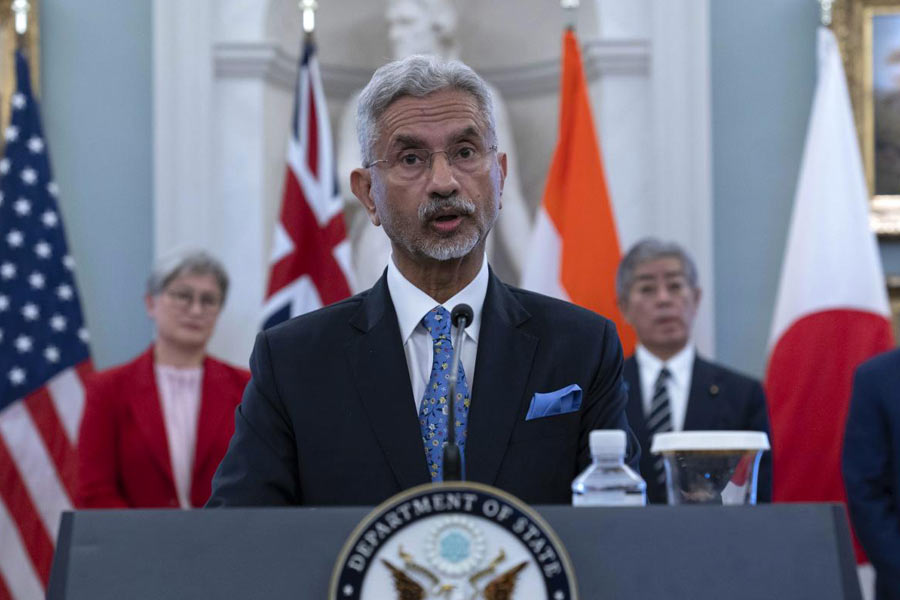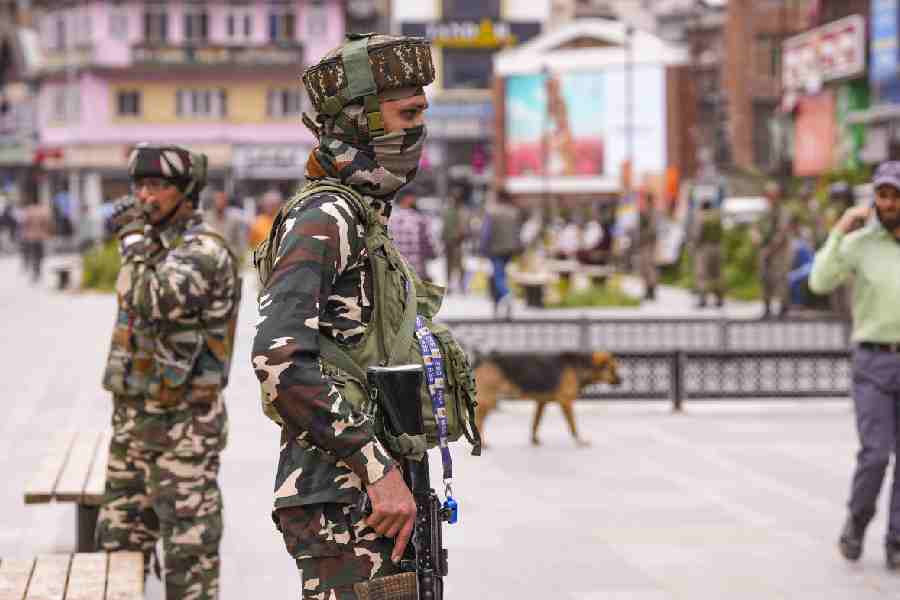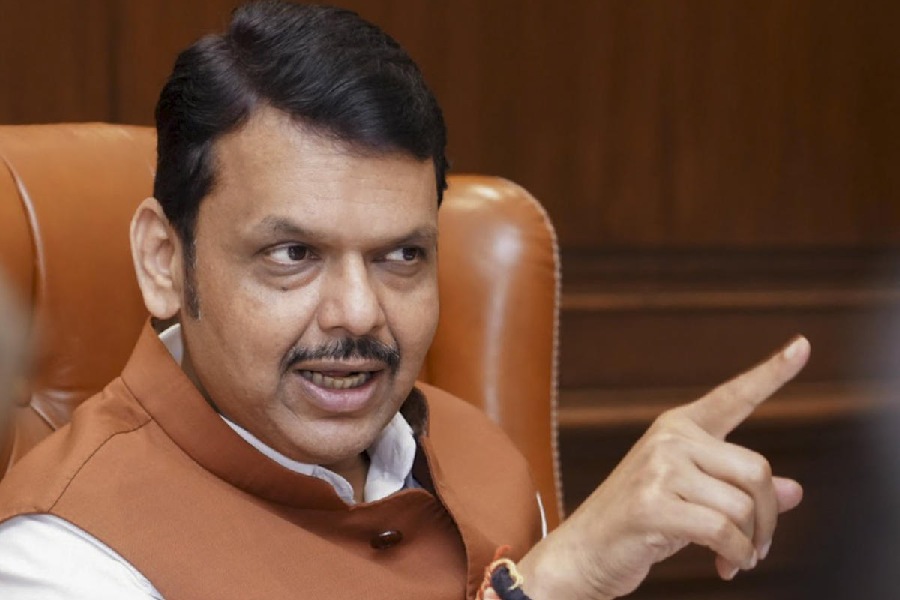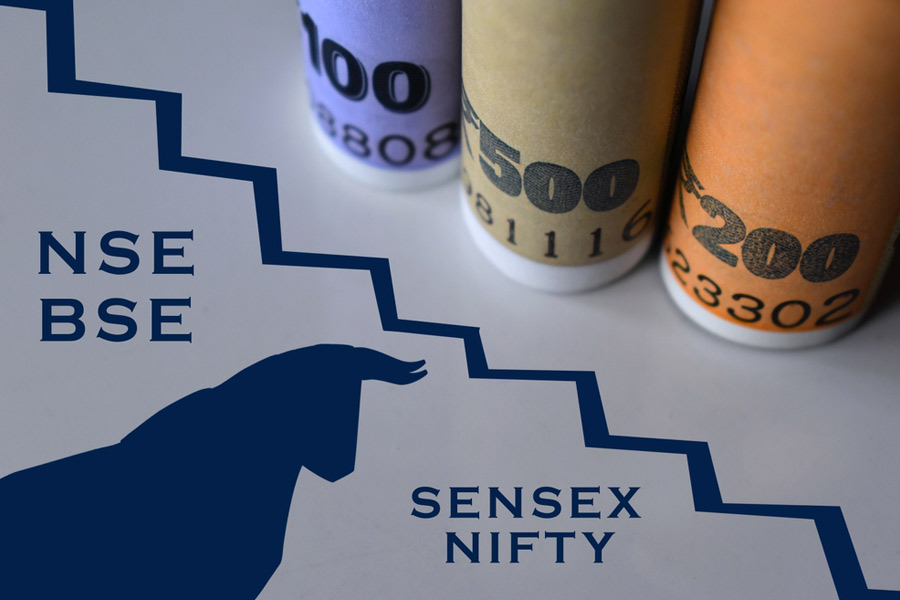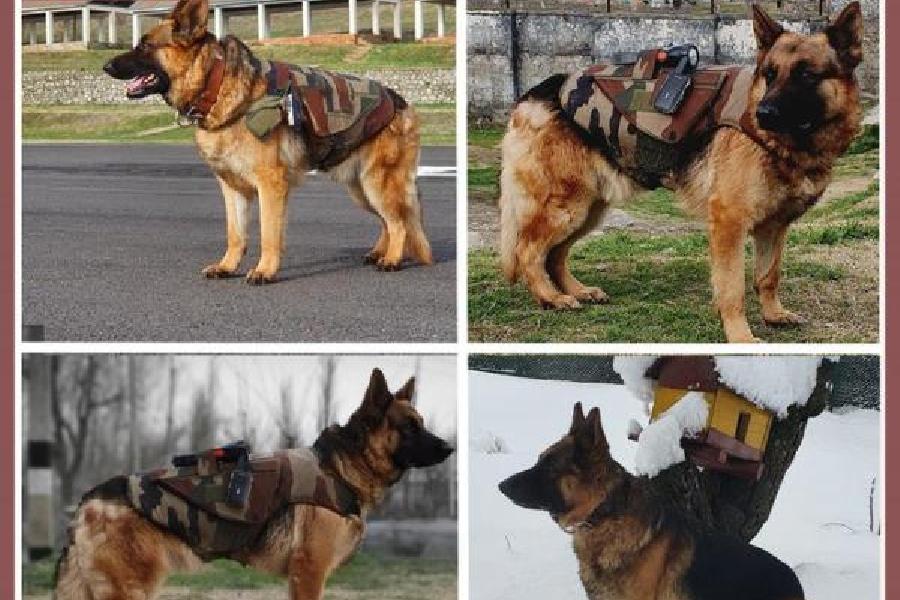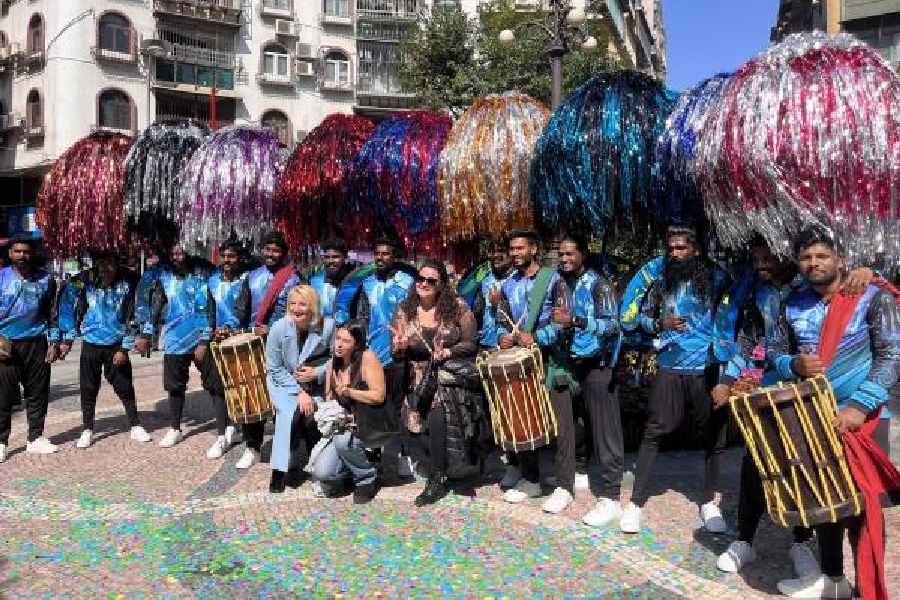 |
| An Indian army soldier stands guard as villagers go about their work during a patrol of the Indo-Bhutan border at Darranga, some 100 km north of Guwahati. Up to 120 Indian militants have been killed by the Bhutan army during a crackdown on rebel camps in the Himalayan kingdom, the Indian army said. (AFP) |
Guwahati/Delhi, Dec. 19: The Ulfa’s Bhutan experience turned more bitter with the surrender of senior member Robin Neog and the arrest of military strategist Bening Rabha. Assam police described the developments as “crippling blows” to the outfit.
Neog and Rabha, both “majors”, are counted among the top guns of the Ulfa’s military wing, which is controlled by its commander-in-chief, Paresh Barua.
Their capture, one by accident and the other by design, followed the death of the seniormost member of the militant group, 88-year-old Bhimkanta Buragohian. He died almost immediately after surrendering to the Royal Bhutan Army. Ulfa publicity chief Mithinga Daimary was apprehended the day before.
A senior police official said Rabha, in his late thirties, was one of the “best military strategists” in the Ulfa ranks. “It will be very difficult for the Ulfa to find a replacement.”
Rabha did not occupy a position in the Ulfa hierarchy, but was on a par with deputy commander-in-chief Raju Baruah because of his skills in guerrilla warfare. A crack hitman, he used to commandeer the mobile action units known as “Enigma groups” and was in charge of the outfit’s camps in Bhutan.
“He is among those in the Ulfa who are totally opposed to the idea of talks,” the police official said.
On Neog, the official said he was the one who represented the Ulfa in the negotiations with the Bhutan government on shifting the militant group’s camps from the kingdom. Hailing from Dibrugarh district, he was associated with the outfit since its formation in 1979.
The police official said Daimary’s arrest and Buragohain’s death were nothing more than symbolic.
Buragohain, who was fondly addressed as “Mama” by the rank and file of the Ulfa, was with the militant group since its formation on April 7, 1979, in the courtyard of the historical Rangghar in Sivasagar.
As the Ulfa tried to come to terms with the setbacks in Bhutan, the International Committee of the Red Cross (ICRC) began talks with the royal government for permission to offer humanitarian assistance to the victims in the ongoing military operation.
ICRC (Asia-Pacific) spokesperson Eros Bosisio said his organisation wanted to offer medical aid in the areas where the military operation is under way.
The general-officer-commanding of the army’s eastern command, however, said the militants could derive “undue advantage” if the Red Cross were allowed to operate in the conflict zone.
“If the Red Cross begins offering assistance, the rebels will hide their weapons and register with the international organisation as sick or non-combatants. Most of them have fled their bases and gone deeper into the jungles of south and west Bhutan,” Lt Gen. Jitender Singh Verma said.


